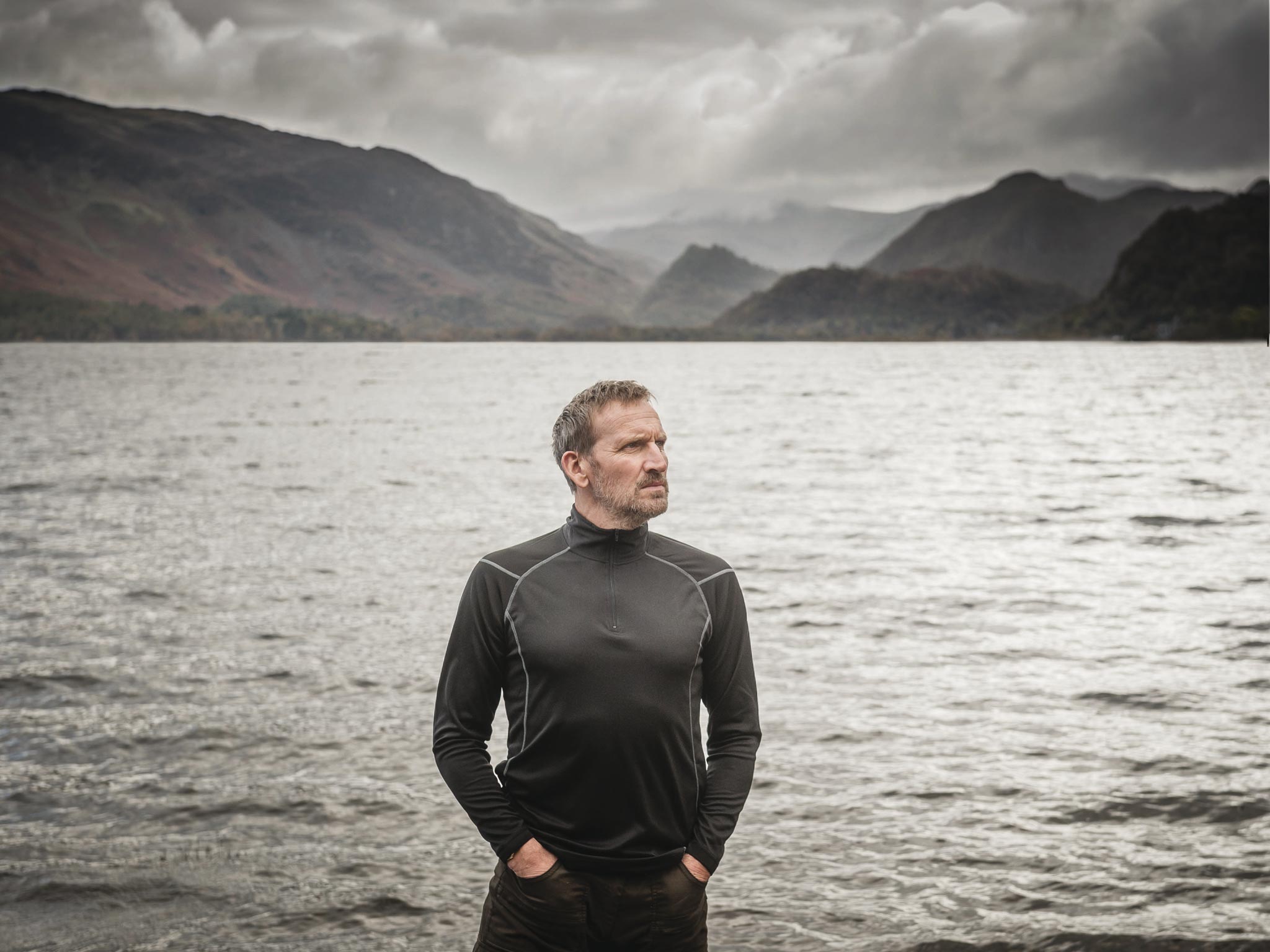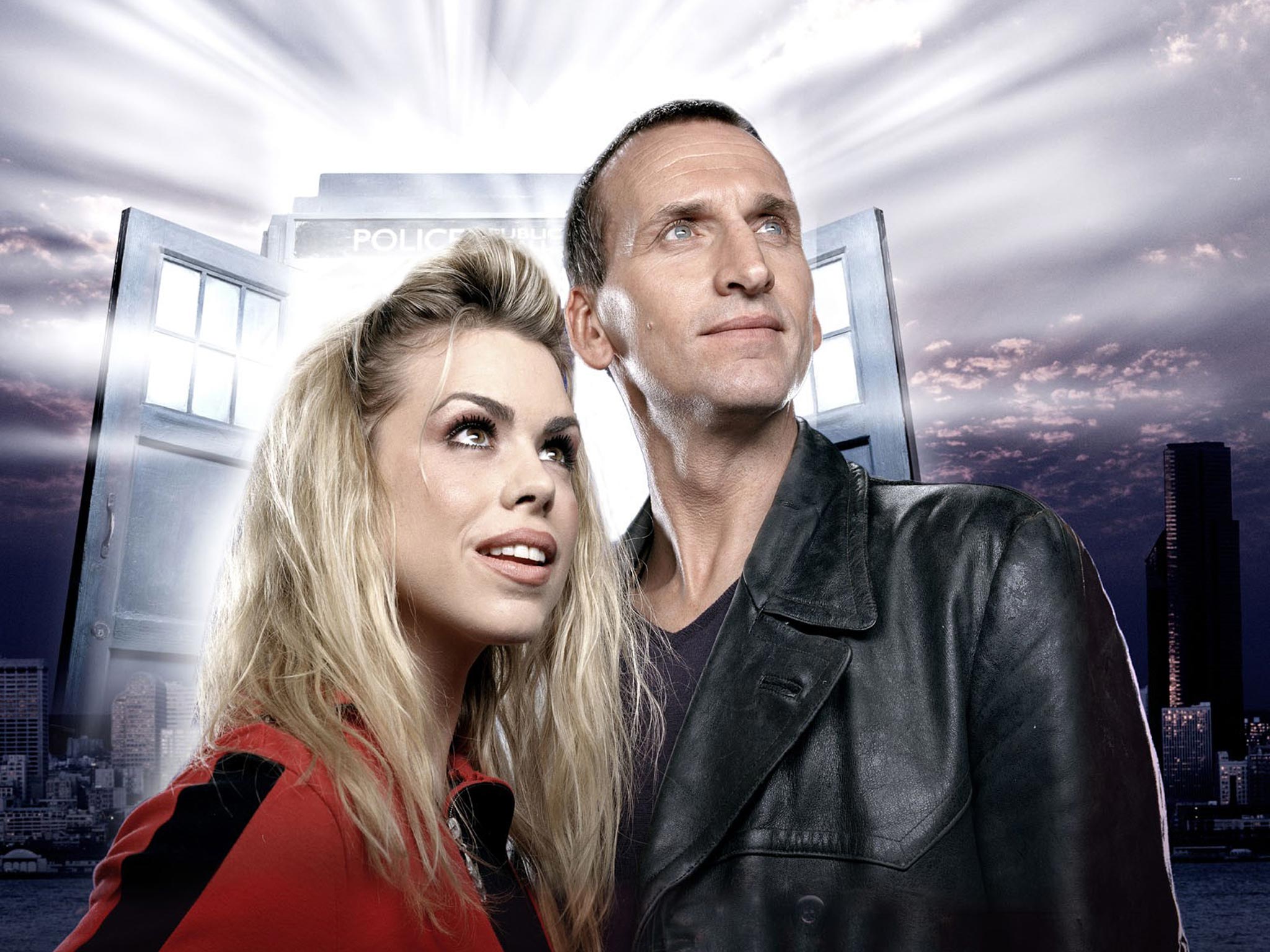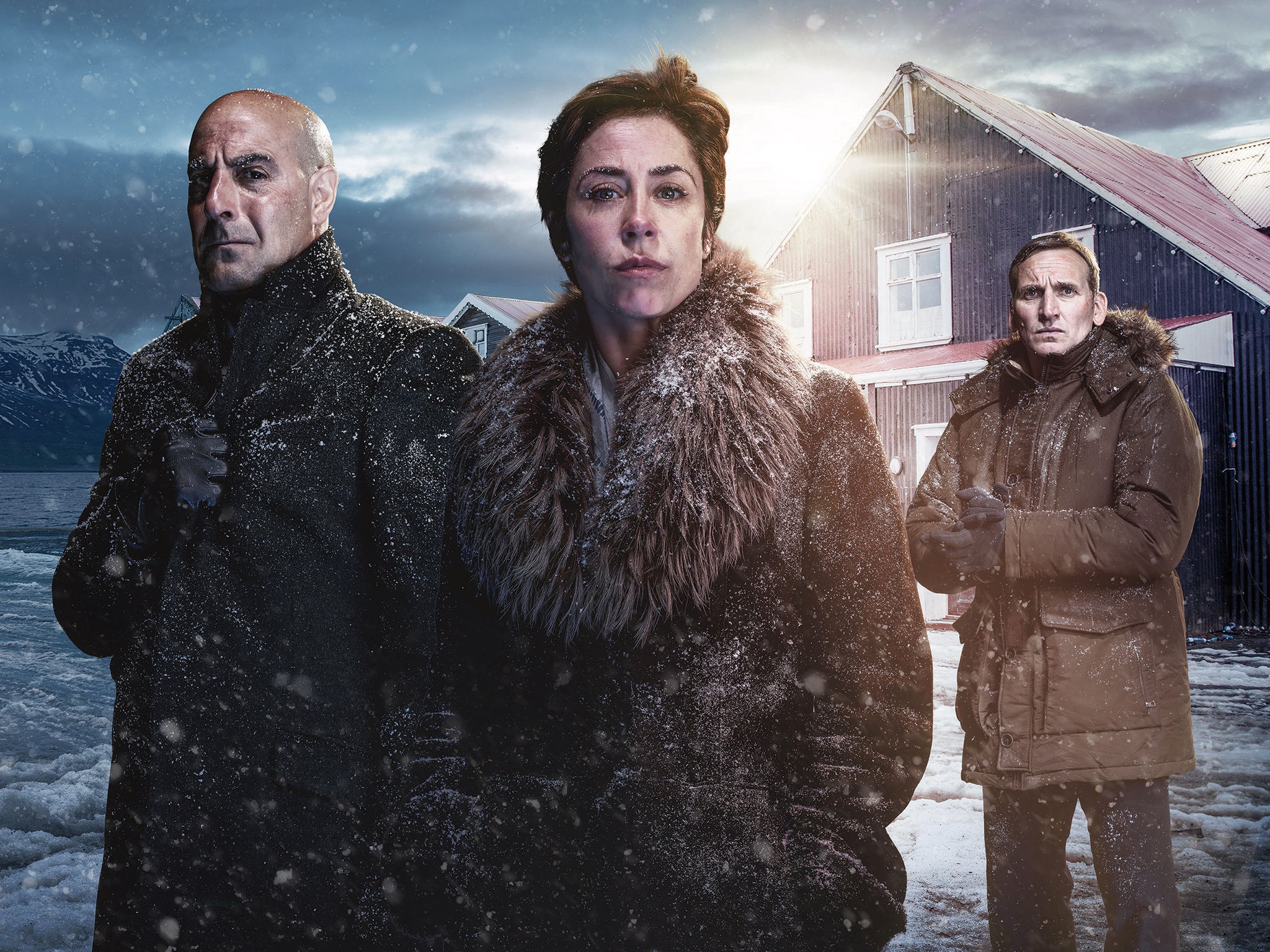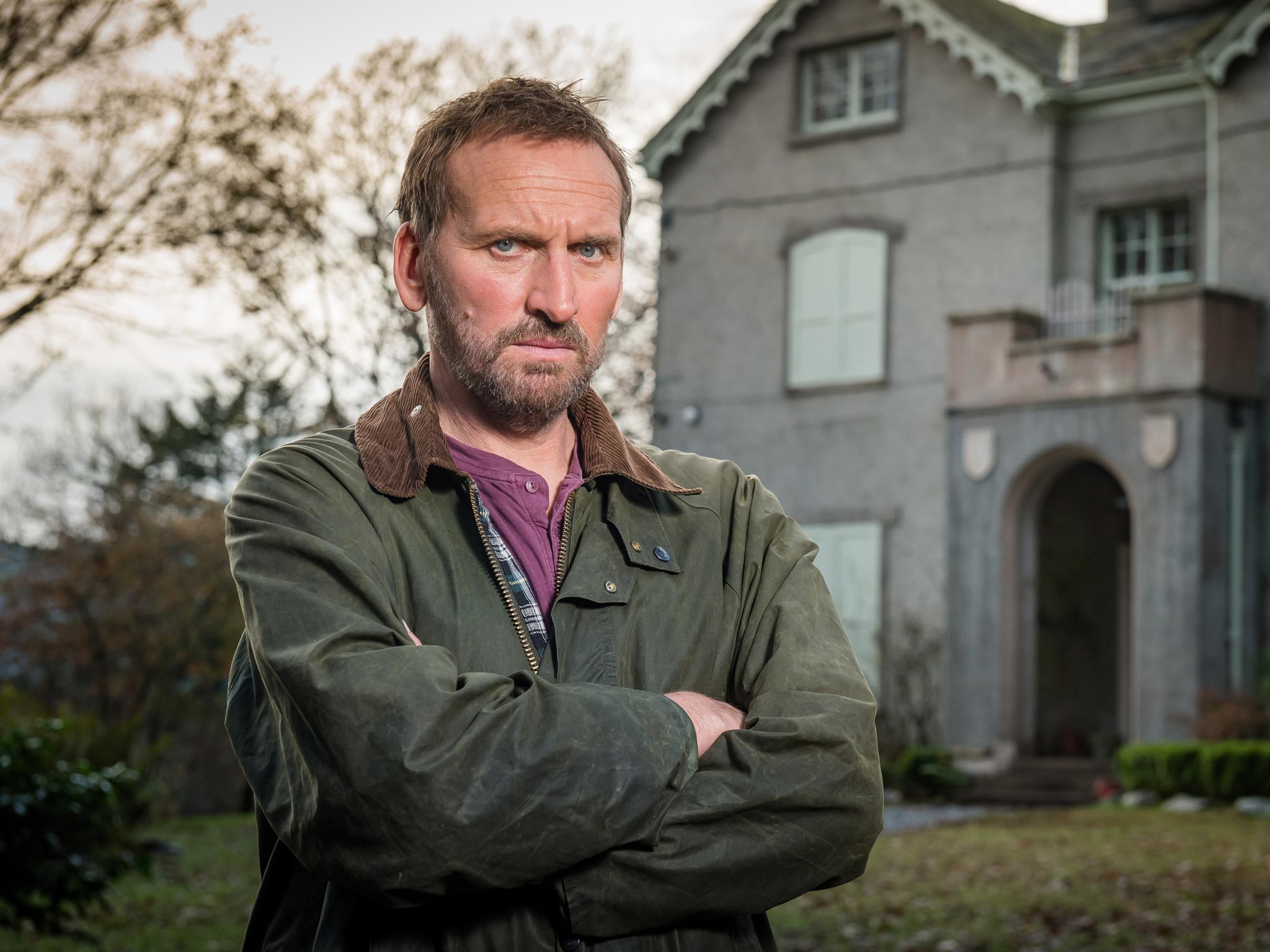Christopher Eccleston on social mobility: 'I would stand less of a chance of success today'
The actor has gone from council estate to bedsit to screen star. It’s all about waiting for a proper script, he says

Your support helps us to tell the story
From reproductive rights to climate change to Big Tech, The Independent is on the ground when the story is developing. Whether it's investigating the financials of Elon Musk's pro-Trump PAC or producing our latest documentary, 'The A Word', which shines a light on the American women fighting for reproductive rights, we know how important it is to parse out the facts from the messaging.
At such a critical moment in US history, we need reporters on the ground. Your donation allows us to keep sending journalists to speak to both sides of the story.
The Independent is trusted by Americans across the entire political spectrum. And unlike many other quality news outlets, we choose not to lock Americans out of our reporting and analysis with paywalls. We believe quality journalism should be available to everyone, paid for by those who can afford it.
Your support makes all the difference.Apologies in advance to Christopher Eccleston, and I hope he understands, but I’m getting the Doctor Who thing out of the way early (although, having read of interviews being abruptly terminated on the topic being broached, I also left asking him it until late).
Eccleston, you may recall, was the first of the rebooted Time Lords after the BBC sci-fi long-runner was resurrected in 2005, leaving after one series amidst rumours of rancour, remarking that – although being very proud of the role – he “didn’t enjoy the environment and culture that the cast and crew had to work in”. Does he still feel such ambivalence?
“Not at all, actually,” he says, showing no signs of heading for the exit. “I have great love for the character, great love for the series. The problem I encounter is when I’m publicising something, I’m asked to talk about a project from 10 years ago... So it’s that, it’s no hard feelings really...”
Good; and now the more maniacal Who-vians can tune out, and we can get on and discuss not only a whole raft of new projects, including the ITV drama series Safe House and an upcoming film about the Kray twins, but also an illustrious career that includes Shallow Grave, Our Friends in the North, The Shadow Line and Fortitude.
Safe House casts Eccleston as an ex-policeman who now runs a B&B in the Lake District with his wife (Marsha Thomason). And then a close friend and still-serving detective (Paterson Joseph) asks if they can turn their remote home into a police safe house. The role required Eccleston to go wild swimming in Derwent Water and Coniston Water in the depths of winter. “The physical aspects of the role, the swimming, was attractive to me,” he says. “I can completely understand how someone who’s been traumatised would use exercise as a stress-reliever, as I’ve done myself. I ran upwards of 50 or 60 miles a week for over 25 years and recently I’ve started to stop. I was quite addicted, I think.”
The idea of Eccleston pounding the pavements in order to assuage some inner demons feeds into the image of him as a remarkably intense actor, an image first carved out in such movies as Michael Winterbottom’s harrowing 1996 Thomas Hardy adaptation, Jude (like Safe House, also filmed in the Lake District), and, the same year, Jimmy McGovern’s Hillsborough, with Eccleston as the campaigning father of two daughters who died at the stadium disaster.
Hillsborough is one of five McGovern productions in which he has starred “Jimmy’s been the backbone of my career,” he says, going on to explain what he thinks they have in common. “Similar influences... our favourite drama is Jim Allen’s The Spongers [the 1978 Play for Today about welfare cuts against a backdrop of the Queen’s 1977 Silver Jubilee celebrations]. I think we were both very aware of 1970s and 1980s writer-led British television; and we have very similar background... a council-estate upbringing.

“Eccleston’s housing estate was in Langworthy in Salford, where his parents both worked at Colgate Palmolive. He has two brothers, Alan and Keith, who are twins, eight years older than him, and now work as an upholsterer and a builder.
“None of my family were actors,” he says. “I went to a sixth-form college to re-sit my O-levels and people were there to learn, whereas the school I’d gone to was a little tougher. So I suddenly realised you could be a little bit more expansive, and this was clocked by a drama teacher who said, ‘if you’re going to mess about, you might as well mess about in here’.”
Eccleston gobbled up biographies of the theatrical knights – Laurence Olivier, John Gielgud and Ralph Richardson (“that’s when I first began to hear the names Ibsen, Strindberg and things like that”), found inspiration from fellow Salfordians Albert Finney and Mike Leigh, and made his way to the Barbican to see Mark Rylance and Derek Jacobi in The Tempest.
And after a two-year performance foundation course at Salford Technical College, he became one of 30 out of 3,000 applicants to win a place (on a discretionary council grant that meant he didn’t need to have any academic qualifications) at the Central School of Speech and Drama in London.
Such local-authority largesse leads him to muse on the calcification of social mobility in the current economic climate. “It’s undeniable that I would stand less of a chance today,” he says. “I went to drama school from ’83 to ’86 so I was really benefiting in a sense from 1964 and that Labour government. I benefited even in ’83, even though she [Margaret Thatcher] had been in power for four years, from that legacy.”

Not that it was all plain sailing after drama school. “The idea was that the agents would come along and pick of the fresh talent, but they didn’t pick me,” he says. “I had two or three years in the wilderness... bedsit angst... and ended up going back to Manchester and working at the Royal Exchange, on the crew, which was a good year to watch actors from a different perspective.”
Salvation came in the form of Phyllida Lloyd, the future director of Mamma Mia! and The Iron Lady but then at the Bristol Old Vic, who remembered Eccleston from Central and cast him as Pablo in A Streetcar Named Desire. And then a big breakthrough: he was cast in Let Him Have It as Derek Bentley, who, aged 19, was hanged for the murder of a policeman during a burglary, even though he did not fire the lethal weapon.
“I went from the least successful student from my year to the most successful – it was ridiculous. I say to younger ones: ‘It’s a lottery but if you get that bit of luck, don’t think it’s going to continue. Work that bit of luck and make intelligent choices,’ which I think I did at the beginning. I turned down work to wait for a well-written script.”
And the well-written scripts came thick and fast. He became part of the national conversation by getting stabbed by Robert Carlyle in Cracker, and then in 1996, playing Nicky Hutchinson in Our Friends in the North. He also played the Duke of Norfolk to Cate Blanchett’s queen in Elizabeth. “It was a golden period,” he says.

Last year also turned out to be “a beautiful year” for the actor. Along with Safe House and a short stint in Sky Atlantic’s Arctic thriller Fortitude, he also filmed the new Kray twins film, Legend, in which Tom Hardy plays both Ronnie and Reggie. Eccleston portrays the murder squad detective who nailed them, Leonard “Nipper” Read “an obsessive puritanical copper who was after them, I think he was after the Stones too.” The film, which is due for release in September, was written and directed by Brian Helgeland, whose screenplay for LA Confidential won him an Oscar in 1998.
Eccleston keeps a tight lid on his private life (he is long-time married but I challenge anyone to find his wife’s name) but he does allow that he lives near Hampstead Heath in London, and that he is a big Van Morrison fan. Astral Weeks?
“Astral Weeks, but Veedon Fleece, which is similarly experimental as Astral Weeks... a beautiful album.” Eccleston looks as if he’d like to continue discussing Van Morrison, but I have to ask about Leftovers, HBO’s bleak and baffling dystopian scifi series in which a Rapture-like event makes two per cent of the world’s population disappear.
“I do love working in America... I really do,” he says. “Certainly for someone like myself, who has a very strong class identity because of some of the roles that I chose, that’s all out of the window. I can go there and try anything, anything, and that’s refreshing.”
‘Safe House’ begins on ITV on 20 April at 9pm
Join our commenting forum
Join thought-provoking conversations, follow other Independent readers and see their replies
0Comments